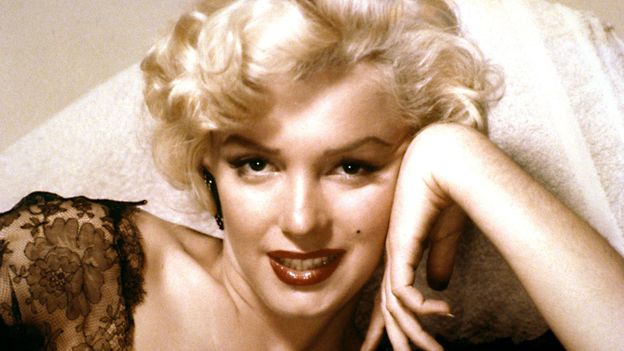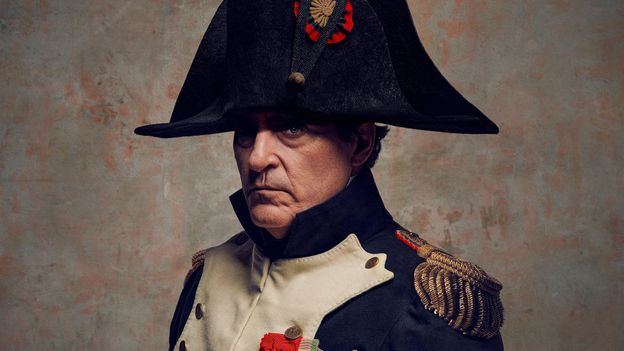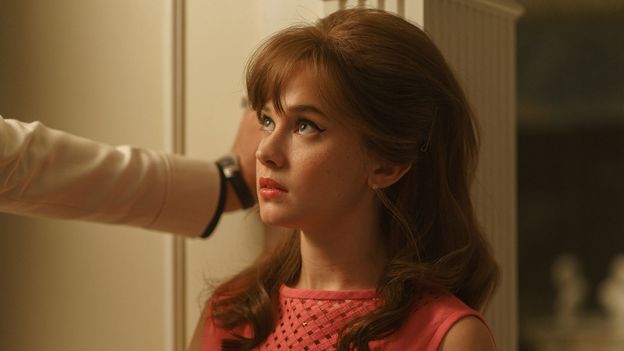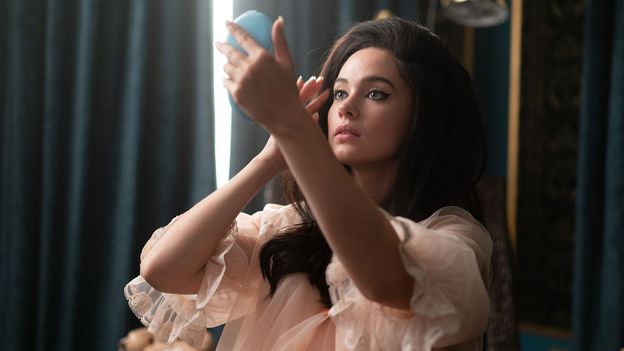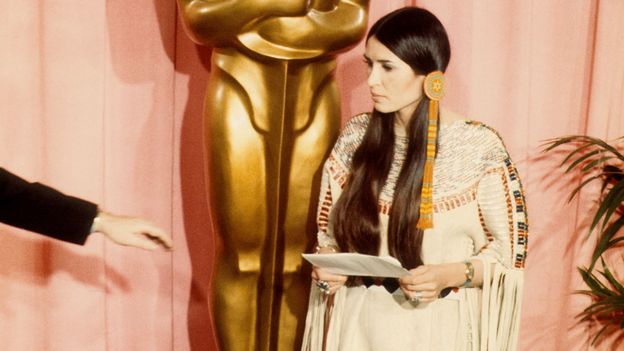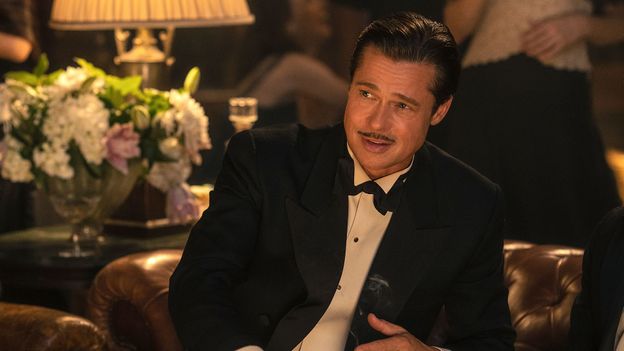Hollywood amped up her sex-pot image. Promoting her starring role in Niagara (1953), the tagline was dripping with innuendo: “Marilyn Monroe and Niagara, a raging torrent of emotion that even nature can’t contain“. Her name was given top billing and her image a massive presence on most posters. “If you are born with what the world calls sex appeal, you can either let it wreck you or use it to advantage in the tough show business struggle. It isn’t always easy to pick the right route,” Marilyn said to The Chicago Tribune in 1952. The same year, one of her most enduring performances, that of endearing gold-digger Lorelei Lee in Gentlemen Prefer Blondes would cement her in the dumb blonde persona that Marilyn found so frustrating and limiting. “She’s conflated with Lorelei Lee,” thinks Bolton, “She felt that she was constantly being put in these dumb blonde musical comedies, but even within those roles she’s clever and canny. There’s something about the Monroe-isms.” Her image might have made her famous, but her talent made her endure. Her determination to be taken seriously led her to New York, to the Actor’s Studio and to Method Acting. Even at the height of her popularity, though, her efforts were mocked, and in 1956 a whole book (a whole book!) was published titled “Will Acting Spoil Marilyn Monroe?” The biopics choose to disempower her further by forgetting about the middle part of the story, the part where she became an extremely successful, well-paid actress, challenged Fox for underpaying her, and founded her own production company with Milton Greene, Marilyn Monroe Productions. “I’m not sure if people perceive her as an actress at all”, says Nehme, while pointing out that if you look at the actual work, “you start to see how unique and how intelligent her choices are, to make it as funny as possible”.
The only exception, perhaps, is My Week With Marilyn (2011), a light-touch take on the troubled making of The Prince and the Showgirl (1957), the only film produced by Marilyn Monroe Productions, told from the perspective of real-life, love-struck set assistant Colin Clark, on whose memoirs the film is based. With Marilyn played by Academy Award nominee Michelle Williams, the film is very much a part of the “Marilyn and me” sub-genre of books and films — also including Marilyn & Me: A Photographer’s Memories, My sister Marilyn and on screen, Calendar Girl (1993) and Marilyn and Me (1991). However, this is the only example that even tries to recreate Marilyn’s charm, not just her fickle and unreliable on-set antics. Williams captures Marilyn’s sensuality without leaning into the sex-pot persona. There are hints at the darkness that will consume her in the near future, but it focuses on the work and the drive, as well as the crippling insecurity that somehow Marilyn found a way to transform into moments of pure comedic gold.
There is hope, though. Nehme believes there’s a generational shift that is inspiring a reappraisal of Marilyn Monroe: “As film critics have been getting younger, they’ve been going back to the work. They’re very interested in the role she played in creating her own persona.” Dominik may have been surprised, as he suggested in a recent interview with Sight and Sound, that people still watch (and enjoy) Gentlemen Prefer Blondes – but I’m not. Her image may be universally familiar now, but discovering Marilyn’s performances is always a revelation. Her feline femininity in Niagara, her coy clumsiness in The Prince and the Showgirl, and her knowing delivery of all-timer quips in Gentlemen Prefer Blondes. Marilyn’s awareness of how she was perceived imbues every performance and informs every choice. While it might not capture Marilyn’s star power, the best thing that Blonde can do for her is inspire more people to watch her actual work.
Blonde is out now in select cinemas in the US and UK and is released worldwide on Netflix on 28 September.
Love film and TV? Join BBC Culture Film and TV Club on Facebook, a community for cinephiles all over the world.
If you would like to comment on this story or anything else you have seen on BBC Culture, head over to our Facebook page or message us on Twitter.
And if you liked this story, sign up for the weekly bbc.com features newsletter, called The Essential List. A handpicked selection of stories from BBC Future, Culture, Worklife and Travel, delivered to your inbox every Friday

